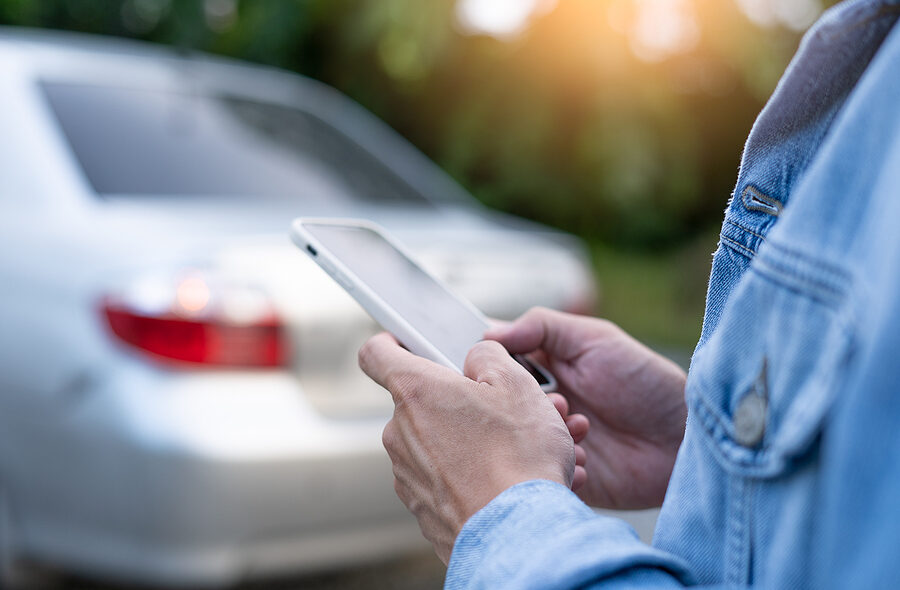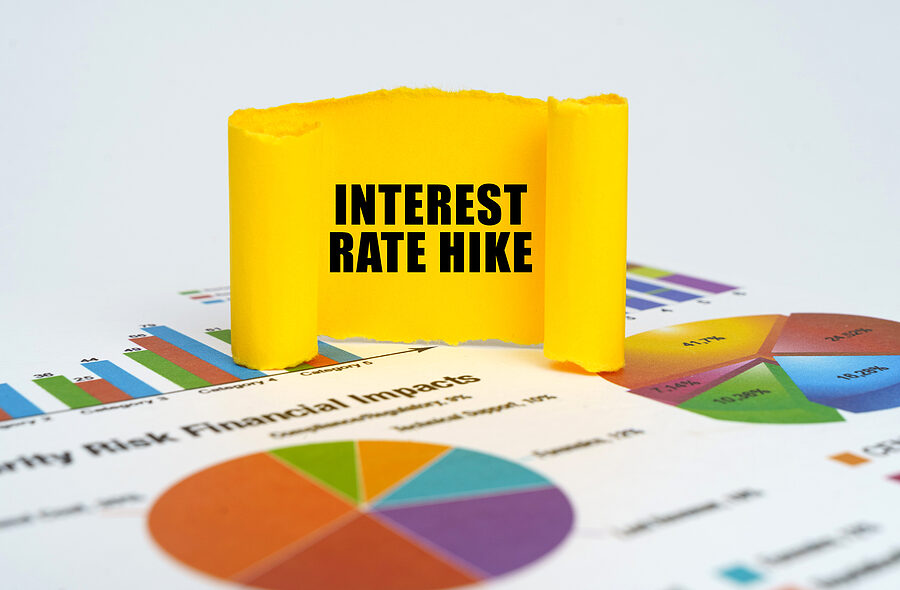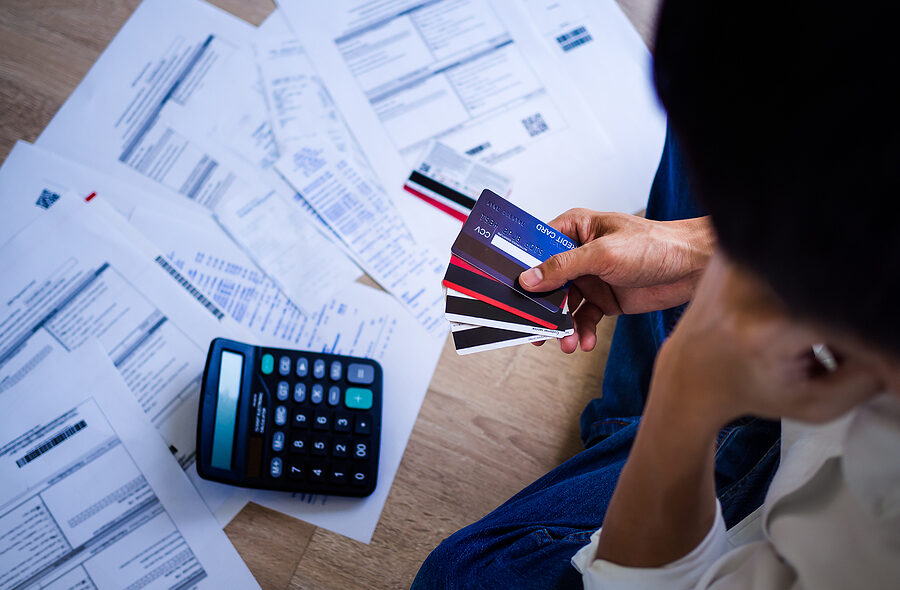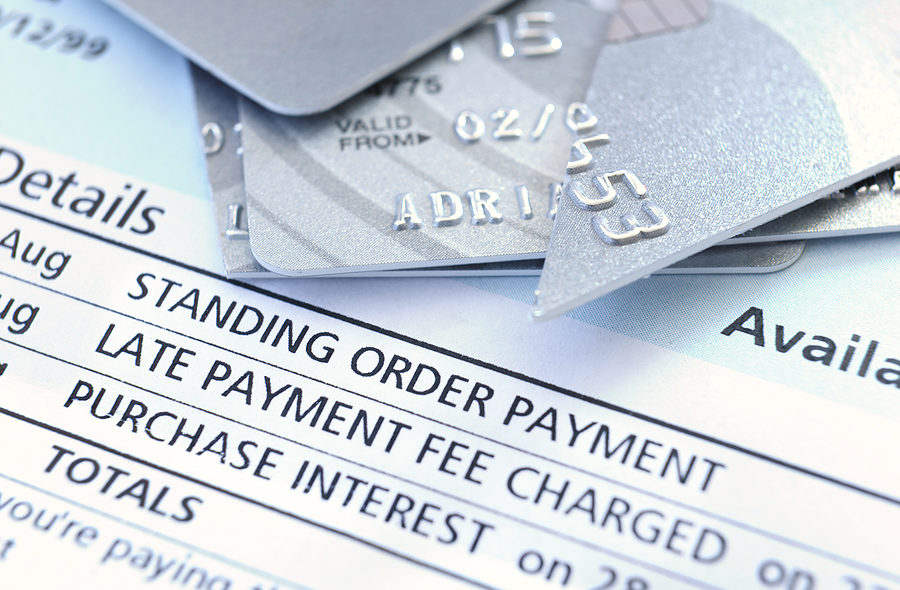Credit card debt is not the only type of consumer debt people struggle with. Once this debt is paid off in full, it helps to have a plan on which debts to tackle next.
According to data from the Federal Reserve and TransUnion, American consumers paid off a total of $82.9 billion in credit card debt in 2020. Credit card balances continued to drop by $49 billion in the first quarter of 2021, which is the second-largest quarterly balance decline seen since 1999. Despite this fact, more than 20 million American consumers have their student loan debts in forbearance.
For the most part, financial advisors recommend that consumers pay down any debts they have that carry the highest interest rates, which is why credit cards are usually the first focus. With stimulus programs still in place, providing extra income to consumers temporarily, many financial advisors argue a different theory should be followed.
Instead of focusing on the debt with the highest interest rate, consumers should look at all their debts and consider other options, such as refinancing other debt sources to lower their interest rates or modify payments. Refinancing could be a possibility for unsecured personal loans, as well as for mortgage debt. With lower interest rates, consumers are encouraged to take advantage of this opportunity to save money and lower monthly payments, making it easier to pay off debts in full.
Once credit card debt is paid off, many financial advisors recommend that consumers focus next on paying off their car loans. A car loses its value significantly as soon as it is driven, which is why so many consumers find themselves owing more on the car loan than the vehicle is worth. The interest rates of car loans tend to be moderate to high, although not always as high as credit card debt, depending on the consumer. Many times, it is advisable to either sell the car and use the proceeds to pay off what is owed on the loan or to refinance the loan.
Once personal loans, credit card debt, and car loans are paid off by the consumer, it may then be advisable to pay off outstanding federal student loans. Since payments and interest is paused on federal student loans until September 30, 2021. During this time, any payment will go towards principal and not interest rate. Paying down this debt will only help improve the consumer’s credit score.
Please click here to read more.
If you have questions on this topic or are in financial crisis and considering filing for bankruptcy, contact an experienced Miami bankruptcy attorney who can advise you of all of your options. As an experienced CPA as well as a proven bankruptcy lawyer, Timothy Kingcade knows how to help clients take full advantage of the bankruptcy laws to protect their assets and get successful results. Since 1996 Kingcade Garcia McMaken has been helping people from all walks of life build a better tomorrow. Our attorneys’ help thousands of people every year take advantage of their rights under bankruptcy protection to restart, rebuild and recover. The day you hire our firm, we will contact your creditors to stop the harassment. You can also find useful consumer information on the Kingcade Garcia McMaken website at www.miamibankruptcy.com.






